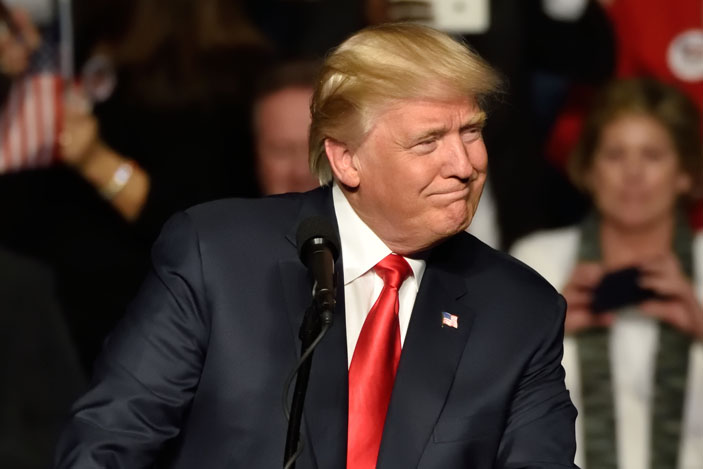
TWO epic events occurred last year that got more people thinking about the reliability of news from the mainstream media.
First, was the successful Brexit vote in Great Britain and second was Donald Trump’s win in the US Presidential election. If you only relied on the mainstream media for your news, these outcomes would have come as a shock. However, if you had been following the alternative news media, you would arguably have had a better picture of what was happening on the ground.
In the wake of these outcomes, we saw the mainstream media rail against the “fake news” reported by alternative news websites. In response, alternative media sites said that the term “fake news” applies more to the mainstream media than to them.
Mainstream Media Isn’t About The Truth
Let’s look at this from a US perspective. Since 1983, there has been an enormous amount of consolidation in American media. Today, the majority of popular news channels in the US, including FOX, CNN and ABC, are owned by just six companies—Comcast, News Corporation, The Walt Disney Company, Viacom, Time Warner and CBS Corporation. This does not lend to a diversity of news, views and opinions. As a result, the number of people switching away from mainstream media to alternative news media is ostensibly growing. It can be described as a populist movement.
This shift has not gone unnoticed by Trump, also known as the Twitter President. Three recent developments come to mind.
First, it looks like Trump is planning to expand the pressroom in the White House so that he can accommodate reporters from both the mainstream media and the alternative media. This is unprecedented as the press corps covering Presidents Barack Obama and George W Bush were highly exclusive.
Second, Trump is also using the social media distribution channel Twitter to talk to the masses as he doesn’t believe that the mainstream media will adequately cover his news flow.
Third, Trump didn’t “officially” send anyone from his transition team to the World Economic Forum (WEF) in Davos, as Bloomberg News reported. Bloomberg News also quoted a senior member of Trump’s transition team saying that “the president-elect thought it would betray his populist-fuelled movement to have a presence at the high-powered annual gathering in the Swiss Alps”.
Populist Policies
Over the last year, it has been evident that a populist movement is not only growing in the US, but all around the world. Ordinary people are questioning the veracity of a global economic system that is not equitable in terms of wealth distribution. A report by the conglomeration of NGOs, Oxfam, released ahead of the WEF homed in on this issue.
It showed that just eight men in the world own as much wealth as 3.6 billion people.
“From Brexit to the success of Donald Trump’s presidential campaign, a worrying rise in racism and the widespread disillusionment with mainstream politics, there are increasing signs that more and more people in rich countries are no longer willing to tolerate the status quo,” Oxfam said in its report.
The Oxfam report adds more fuel to the fire of the populist movement. Add a heavy dose of Trump to this scenario, and it is clear the playbook is changing for leaders of countries and the global economy, including central banks and corporations.
Be especially wary of those who say that populist movements are not good for countries. They are the ones who have the most to lose if populist movements gain more traction.
Further, Trump’s moves to engage alternative websites on a more even footing with the mainstream media spells bad news for the latter.
They will not be able to control the narrative that is disseminated to the masses. People will have access to a more diverse base of news, but they will have to learn to discern what is fake and what is not. This comes with experience.
For government leaders around the world, this could be the start of a long nightmare for them. It is easier to control people when their thinking is narrow. Social media is extending their boundaries of thought, and this will create greater awareness of the social, political and economic issues of the day.
Thus It Was Unboxed by One-Five-Four Analytics presents alternative angles to current events. Reach us at 154analytics@gmail.com





















